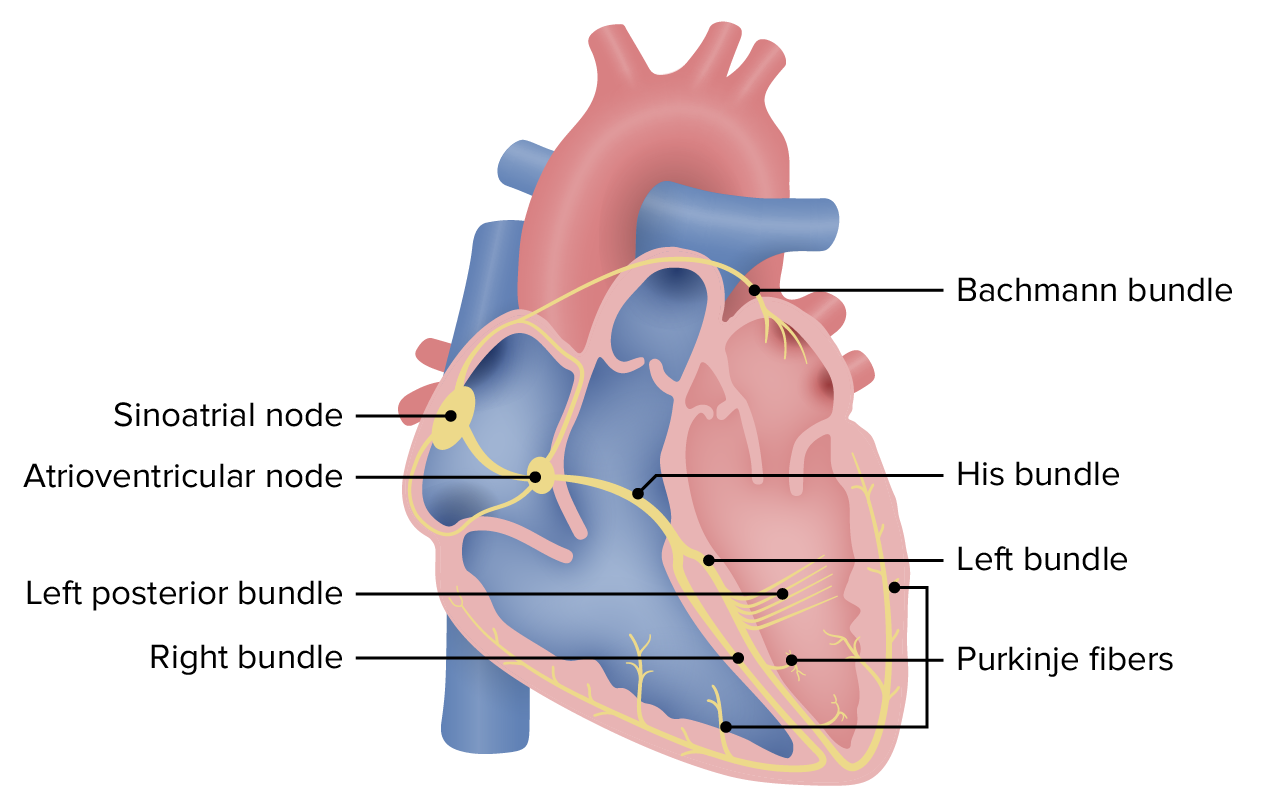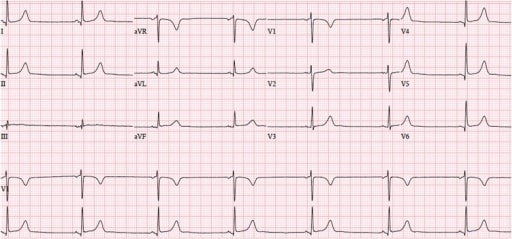Playlist
Show Playlist
Hide Playlist
Cardiac Arrhythmia: Overview
-
Slides CardiacArrythmia Overview CardiovascularPathology.pdf
-
Download Lecture Overview
00:01 Alright. Here we go. Arrhythmias. Take a deep breath. The topic that is hot, the topic that can be complicated, but we will organise our thoughts as much as possible. And if there are certain aspects of this that you feel are overwhelming, take a deep breath and just dissect each part of this. Remember you need to know just enough where you walk into your rotation, your first year of residency or any licensing exam and you know arrhythmias well enough where you can pretty much spar with any audience. So let us begin and make you feel comfortable with the concept of arrhythmias. Now, with arrhythmias, we will first and foremost in terms of organisation, we will talk about dysrhythmias. Now as soon as we say arrhythmia, do not think that it is always sped up. It doesn’t always have to be tachy and it doesn't always have to be brady. It could either or. So, for example obviously, we will get into our AV node blocks. And we will talk about other types of tachyarrhythmias. Conduction system disease is what we are looking for. For example, last time we even introduced any type of arrhythmia with post MI. Post myocardial infarction, one of the most common causes of death or sudden death is arrhythmia. Why? The repair process in which now the wall of your heart has become disrupted is only going to disrupt the conduction system, isn't it? And so, therefore, we will then lead into some type of arrhythmia. And on the other side, we will take a look at some of those vascular diseases. The same thing. Anything that causes the disruption of the conduction system, either inheritently or secondary by disruption of your blood flow, is going to result in an arrhythmia, extremely common. Hypertrophic obstructive cardiomyopathy, do you think the patient might have an arrhythmia? Sure. It is with the intraventricular septum and if you are going to have hypertrophy, could you then disrupt the condution system? Sure you can. So are you seeing this now? Okay. So I don't want you to have resistance against arrhythmia. In fact, I want you to welcome it because this is just a wonderful topic in which we can integrate a lot of topics. Now, with dysrhythmia, a conduction system.
About the Lecture
The lecture Cardiac Arrhythmia: Overview by Carlo Raj, MD is from the course Arrhythmias: Basic Principles with Carlo Raj.
Customer reviews
5,0 of 5 stars
| 5 Stars |
|
5 |
| 4 Stars |
|
0 |
| 3 Stars |
|
0 |
| 2 Stars |
|
0 |
| 1 Star |
|
0 |





